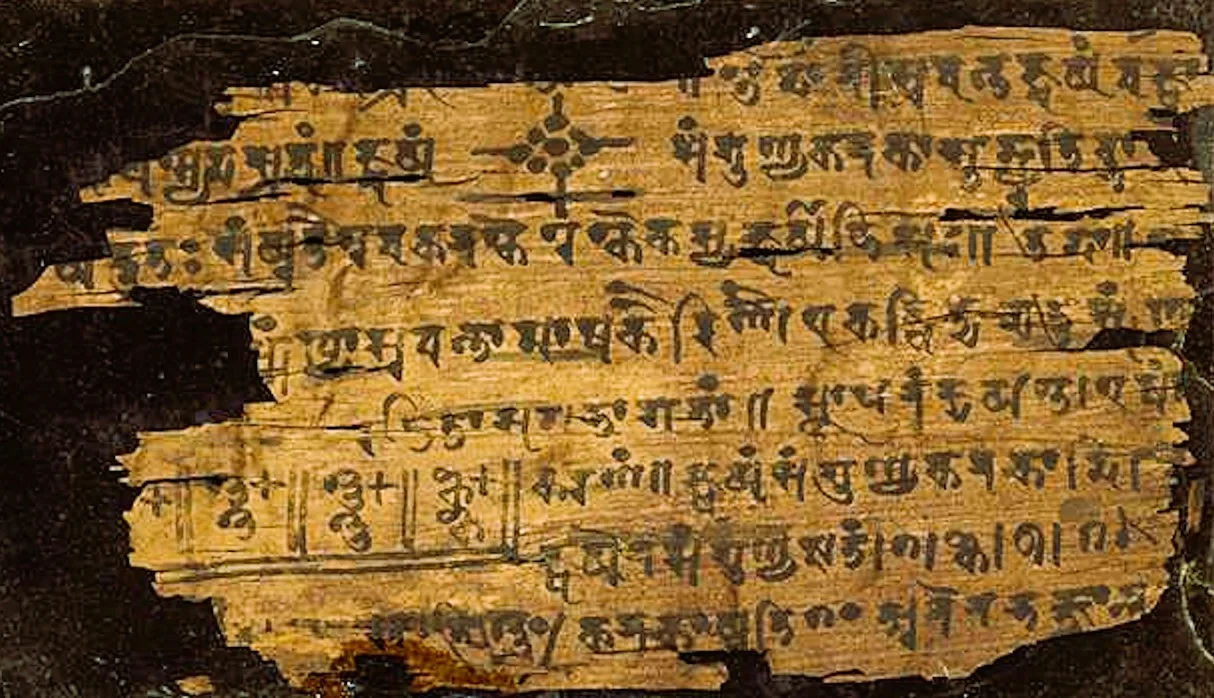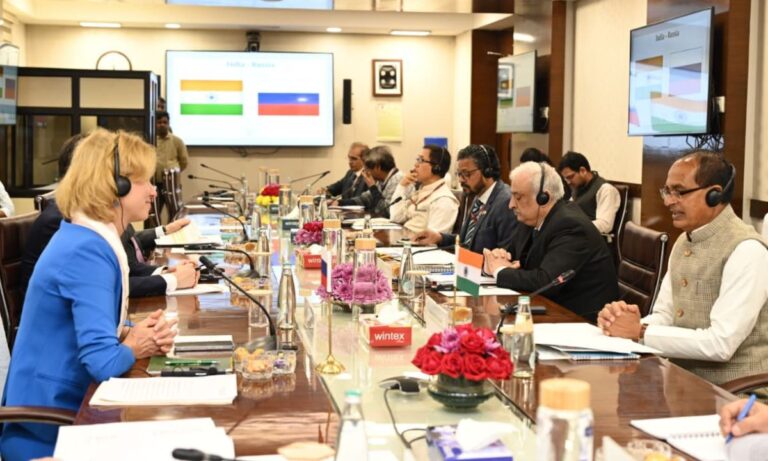
4,000 Manuscripts of National Sanskrit University Will Be a Click Away (Image Credit: Wikipedia)
National Sanskrit University (NSU) Tirupati is taking a significant step towards preserving and promoting the rich cultural heritage of Sanskrit literature. Soon, research scholars in the field of Sanskrit will have the opportunity to access a treasure trove of 4,000 digitized ancient manuscript bundles, meticulously collected and preserved by the university.
The NSU repository houses an impressive collection of nearly 7,000 ancient manuscript titles, thoughtfully donated by various contributors from across Andhra Pradesh. These invaluable manuscripts cover 14 major Sastras in 12 different ancient Indic scripts, offering a comprehensive glimpse into the ancient Sanskrit language.
To ensure the safeguarding and accessibility of this invaluable collection, the university has embarked on an ambitious project to digitize its manuscripts. The Palm Leaf Manuscript Conservation Centre, a dedicated division of NSU established in 1964, has been instrumental in this endeavor, employing modern and indigenous methods of conservation to preserve these ancient texts. Additionally, the center has been committed to training a new generation of manuscript conservators to carry on this crucial work.
Dr. Sayanto Mahato, Preservation Assistant of the manuscript repository at NSU, shared exciting progress about the digitization project. Over the last six months, the university has successfully uploaded 100 manuscripts onto the dSPACE web portal. This portal, under the authorized control of NSU’s Vice-Chancellor and other university officials, will soon provide provisional access to research scholars and organizations involved in Sanskrit language studies.
The university aims to continue this momentum, with plans to complete the digitization of the remaining 3,900 manuscripts within the next 12 months. As Dr. Sayanto Mahato revealed, each manuscript typically comprises 2 to 3 manuscript bundles, which means the number of bundles will surpass the current count of uploaded manuscripts.
The digitization of these manuscripts will not only safeguard them from the ravages of time but also facilitate research and exploration for scholars, individuals, and organizations with an interest in Sanskrit. Scholars will be able to request access to specific manuscripts for their research endeavors, and upon verification by the university, they will be granted access to these valuable texts via the web portal.
The significance of this initiative lies in providing access to some of the rarest and most endangered Sanskrit manuscripts. These texts, previously accessible only to a select few, will now be available for study and analysis by researchers across the globe. Furthermore, this move will enable access to unpublished manuscripts and critical editions, enriching the scope of Sanskrit research.
Looking ahead, NSU is committed to expanding its manuscript collection even further. By seeking contributions from generous donors and collecting additional manuscripts, the university aims to increase the total manuscript count from 7,000 to an impressive 10,000. This expansion will only add to the wealth of knowledge available to researchers and enthusiasts of Sanskrit literature.






